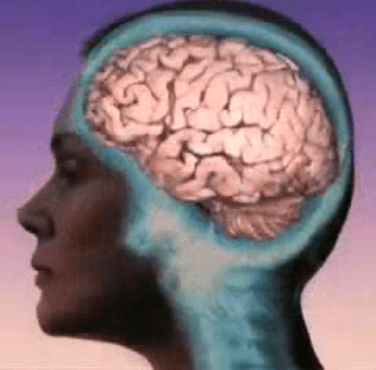
Are we really just machines made of meat?
From 1987 until 2013, the German-born Christof Koch was a professor at the California Institute of Technology (Caltech) in Pasadena, ultimately serving there as Lois and Victor Troendle Professor of Cognitive and Behavioral Biology. Currently, he is both the chief scientist and the president of the Allen Institute for Brain Science in Seattle, Washington, and a member of Scientific American‘s board of advisers.
I was struck by his article “Proust among the Machines: Within our lifetimes, computers could approach human-level intelligence. But will they be able to consciously experience the world?” which was published in December 2019 issue of Scientific American.
After explaining some of the amazing things that artificial intelligence can currently do, he predicts that
The offspring of such bots will unleash a tidal wave of “deep-fake” product reviews and news stories that will add to the miasma of the Internet. They will become just one more example of programs that do things hitherto thought to be uniquely human — playing the real-time strategy game StarCraft, translating text, making personal recommendations for books and movies, recognizing people in images and videos. . . . As we have seen with Go, chess and poker, today’s algorithms can best humans, and when they do, our initial laughter turns to consternation. Are we like Goethe’s sorcerer’s apprentice, having summoned helpful spirits that we now are unable to control? (47-48)
Although experts disagree over what exactly constitutes intelligence, natural or otherwise, most accept that, sooner or later, computers will achieve what is termed artificial general intelligence (AGI) in the lingo,
The focus on machine intelligence obscures quite different questions. Will it feel like anything to be an AGI? Can programmable computers ever be conscious? (48)
Koch explains what he means by “consciousness” by means of examples of “subjective feeling”: Will a computer ever actually “taste” Nutella, or feel the sharp pain of an infected tooth? Will a machine ever experience boredom, or feel an adrenaline-like “rush” or become anxious before a competitive event? Can a computer feel embarrassment if it commits a gaffe? A synthetic voice might tell you that “We are sorry to keep you waiting” if you’ve been on a telephone hold for ten minutes, but the machine feels no actual sorrow. Will its more advanced descendants ever do so?
We’ll return to those questions in the next installment.
Before closing for now, though, I need to note that Koch’s approach appears to be entirely naturalistic:
There is little doubt that our intelligence and our experiences are ineluctable consequences of the natural causal powers of our brain, rather than any supernatural ones. That premise has served science extremely well over the past few centuries as people explored the world. The three-pound, tofulike human brain is by far the most complex chunk of organized active matter in the known universe. But it has to obey the same physical laws as dogs, trees and stars. (48)
To be continued.












